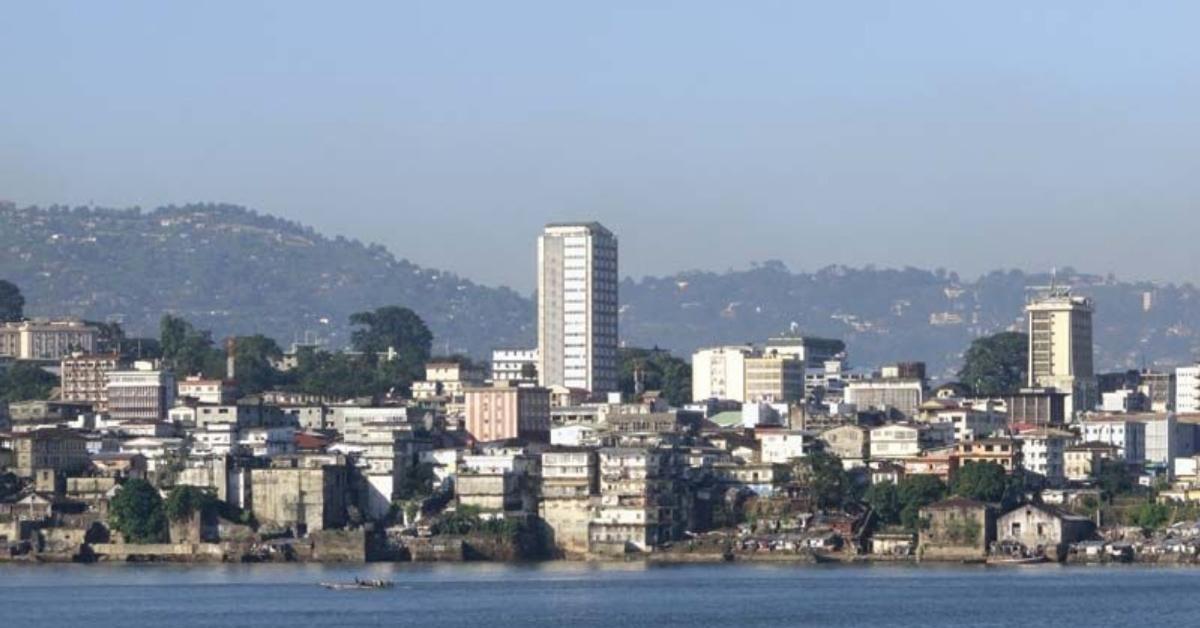Africa-Press – Sierra-Leone. I recently returned from a visit to India, a country that, despite its own challenges, has made impressive strides in managing densely populated cities with intentional planning, infrastructural expansion, and a firm grasp of urban governance.
From the metro systems in Delhi to the organized municipality in Telangana, I saw how leadership focused on development before attempting political restructuring.
It left me thinking deeply about home about Freetown and the troubling proposal by the Sierra Leonean government to divide our capital into two separate cities.
Frankly, it’s a move that raises more alarm than optimism. Freetown, in its current form, is not even adequately developed. So how does it make sense to split a city that has not been fixed? From where I stand, this proposal threatens to deepen the existing problems rather than solve them.
Let’s be honest: Freetown already struggles under the weight of poor planning, inconsistent service delivery, and weak municipal management. Breaking it into two cities will only fragment what little structure we have. Instead of one city with a shaky administrative system, we risk ending up with two competing, confused, and inefficient ones.
In India, I saw the opposite. Cities like Mumbai or Bengaluru have layers of problems overpopulation, pollution, poverty but their governments focus on improving infrastructure, not creating political silos. Development comes first. Structure follows.
We all know the imbalance in Freetown. The West benefits from better roads, private schools, shopping malls, and more reliable electricity, while the East is left behind. If we split the city now, we may simply institutionalize this inequality creating a “first-class” Freetown and a “second-class” one.
Compare that to India, where there’s a growing push to develop neglected city regions through Smart City projects that aim to balance urban growth. Sierra Leone should be learning from such models—not making moves that might further entrench disparity.
How do we justify spending millions to set up two city councils—two mayors, two legislative bodies, two bureaucracies—when our people still struggle to access clean water and basic healthcare? I saw budget discipline in India’s urban councils: money was allocated to sewage systems, digitized services, public parks, and transport hubs. Here, the budget might be diverted into political expansion instead of public improvement.
Let’s not forget, every additional political layer comes with salaries, vehicles, staff, travel, and perks—all of which will fall on the shoulders of taxpayers.
A Political Move in Disguise?
Many believe this proposal is not about development but about power realigning boundaries to influence future elections. If that’s true, then it’s not just bad governance; it’s a betrayal of the trust Sierra Leoneans have placed in their leaders.
India has had its share of political gerrymandering, but even there, reforms are constantly under scrutiny from active civil society, press, and courts. Freetown, on the other hand, lacks the institutional muscle to guard against such manipulation once a division is made.
Freetown functions as one urban ecosystem. People live in the East and work in the West. Traders, students, commuters—they all depend on a united city infrastructure. Divide the city, and we risk disrupting transport routes, school zoning, waste collection, and market access. In India, despite enormous population pressure, cities are carefully zoned and connected. Here, we don’t even have proper drainage systems, yet we are talking about creating new municipal borders?
Let me be clear: I am not against reform. But reform must be rooted in a clear vision for development, not in shallow political interests. Before we even think of creating two Freetowns, let us develop one functioning, fair, and resilient Freetown.
Let us build roads that don’t flood every rainy season. Let us create public schools that match private ones. Let us upgrade slums, empower youth, and enforce zoning laws.
If we can’t develop one city, what makes us think we can manage two?
Source: Sierraloaded
For More News And Analysis About Sierra-Leone Follow Africa-Press






